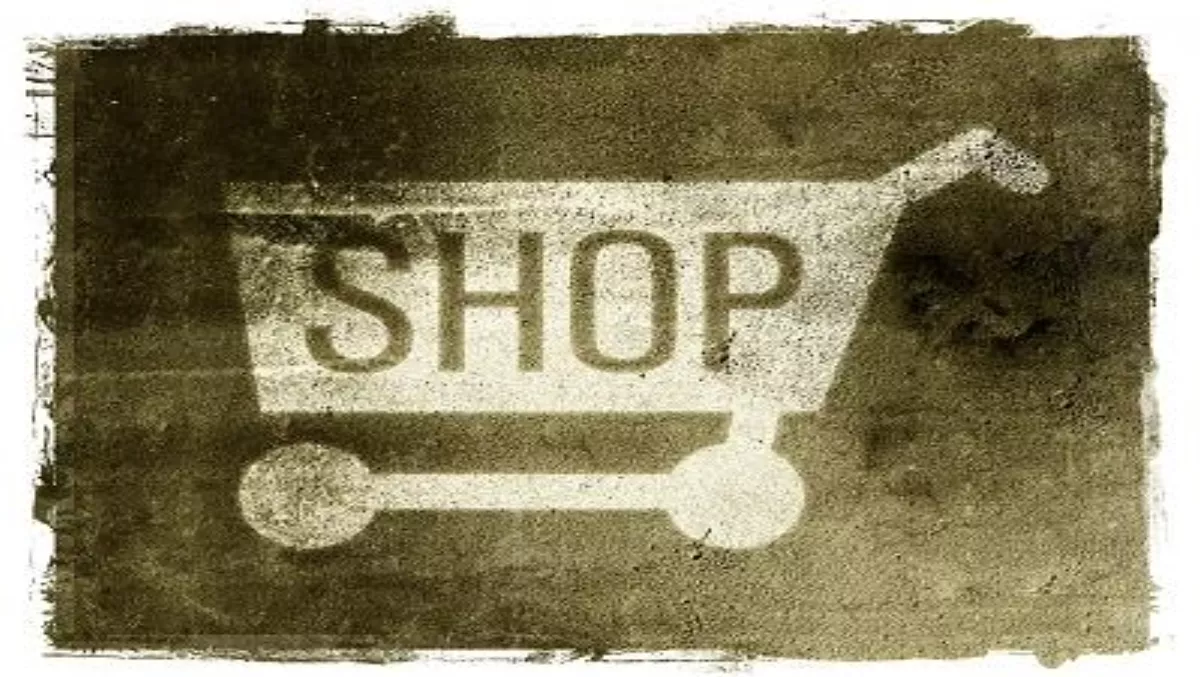
Are you shopping safely online?
As more Kiwis shop online, it is important that consumers are security conscious when paying for goods and services.
“Kiwis appetite for online shopping continues is continuing to grow," says Albert Naffah, country manager, Mastercard New Zealand.
"With almost 82% of Kiwis making online purchases, New Zealanders are amongst the most prolific online shoppers in the Asia-Pacific region - second only to China.
"The top website categories visited being clothing and accessories (40%), coupons and deals (38%), airline tickets (37%) and home appliances (37%).
"Smartphones are also helping to drive this trend, with almost one-in-five Kiwis are now using their phones to shop online.
“Whilst we are seeing a real openness to new technology, it’s important to note that 88% of Kiwis cite security as their key consideration when it comes to shopping online, so the ability to provide consumers with a secure and convenient payment facility actually becomes a key component for retailers looking to drive purchases via the online channel.
"Without the capability to demonstrate to consumers that their payments are secure, retailers can offer the best products at the best prices and still not reach optimal sales.
Check out the top tips for Kiwis when it comes to protecting their financial details when shopping online:
1. Guard your privacy and do not disclose personal information unless you know who is collecting it and how it is being used.
Some websites sell their customer information to third parties, so check the small print and opt out of sharing your information if you don’t want other people to use it.
2. It’s not difficult to set up a page on the Internet. Therefore, make sure you do some background research on the retailer you are buying from, especially if they are not a familiar brand name or you have not come across their website before.
3. Use a secure browser as it encrypts the purchase information you send over the Internet, which makes the transaction more secure.
The majority of browsers do this as standard.
4.Ensure you have anti-virus software loaded on all your devices, including your PC, tablet and smartphone and regularly download security updates.
Most of us have updated software for our computers but rarely ever for our smart devices.
5. Making purchases using a credit or debit card is often safer as liability for unauthorised charges is limited.
As a customer, it’s your responsibility to inform your financial institution if you become aware of or see an unauthorised transaction on your card, or if your card is lost and stolen.
Unauthorised transactions are normally covered under MasterCard’s Zero Liability policy, with your bank reimbursing you for any unauthorised transaction.
6. Pre-loaded, multi-currency travel cards are also worth considering for shoppers making purchases in multiple currencies as rates can be locked in and transaction costs associated with these cards are low.
This is great for consumers wanting to manage their budgets and ensure you don’t get surprised with unexpected exchange rates.
7. Many financial providers also put an extra level of security on online purchases which protects the cardholder’s confidential information.
This is usually done by submitting an additional password known only to the cardholder, for example with MasterCard SecureCode.
It provides enhanced protection against the risk of credit or debit account numbers being accessed by fraudsters in cyber space, taking online security to a whole new level.
8. It goes without saying, but it’s important to keep records of transactions and payments online.
Remember to check the payment details before submitting the final payment; check the returns policy and data protection cover.
Finally, print out a copy of the transaction, get a copy emailed directly to you, and make sure that the amount matches on your statement at the end of the month.

